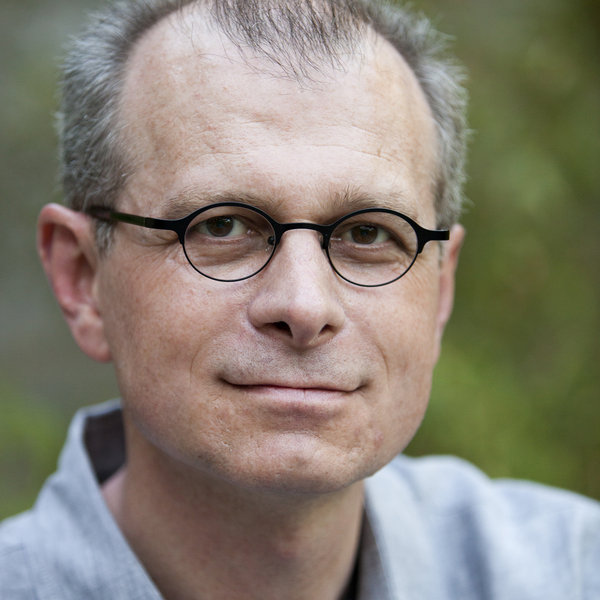
João Biehl
2014 Ethel-Jane Westfeldt Bunting Summer Scholar
The Valley of Lamentation: Cultural War and Transcendence in Postcolonial Brazil
This project is a historical ethnography of the Mucker War, a religious and fratricidal conflict that took place among German immigrants in southern Brazil circa 1870. Dr. Biehl explores how European notions of belief, rationality, and progress migrated to and became culturally ingrained in this periphery, and how political order and social life there were remade through war. The book is based on original archival research in Brazil and in Germany (in state, police, church, medical, press, and family archives). Through these materials, Dr. Biehl chronicles how a transplanted Germanist bourgeoisie used science, media, and institutionalized religion to stigmatize and eventually eradicate a charismatic religious movement popular among fellow immigrants. He argues that the purging of the Mucker (a designation for very religious and hypocritical people) by the national army was part of a modern experiment of governance and that the particulars of this war can help elucidate how, historically, transcendental values were banished from political life in Western frontier zones. Interviews with local historians and with elderly people who recollect the war’s aftermath illuminate the story of the Muckers as an enduring secular myth to be reckoned with.
Affiliation at time of award:
Susan Dod Brown Professor
Department of Anthropology
Princeton University
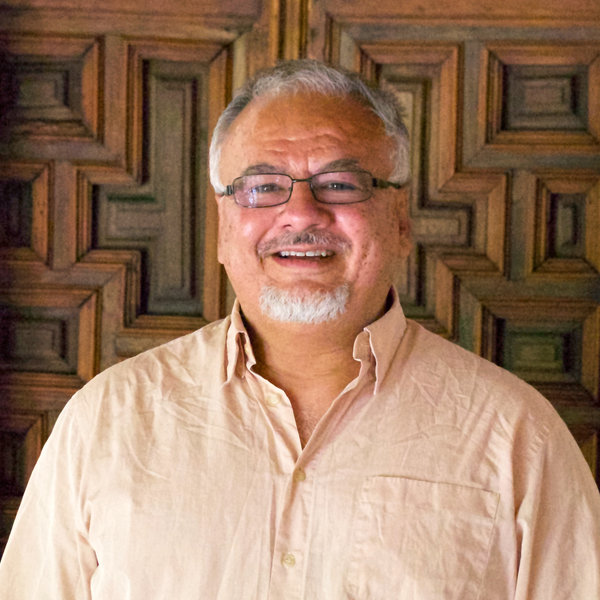
Miguel Diaz-Barriga
2014 Ethel-Jane Westfeldt Bunting Summer Scholar
Militarization on the Edge: Rights and Security on the US-Mexican Border
The purpose of this project is to complete an ethnographic monograph on border security and rights based on two years of National Science Foundation-funded fieldwork. The book manuscript addresses how post-9/11 policies forced border residents into the middle of a national security and immigration dilemma. Specifically, Drs. Diaz-Barriga and Dorsey describe how Mexican American and Lipan Apache residents in south Texas have protested, supported, and, in some cases, negotiated the design and placement of the border wall with the Department of Homeland Security. Their work draws attention to the ways that claims to culture, sovereignty, and rights realign themselves in the face of increased securitization and surveillance. As such, this research contributes to an international discussion on the challenges minority groups encounter in asserting their civil and human rights at a time when states prioritize military solutions.
Affiliation at time of award:
Professor
Department of Anthropology
University of Texas-Pan American
Edinburg, TX
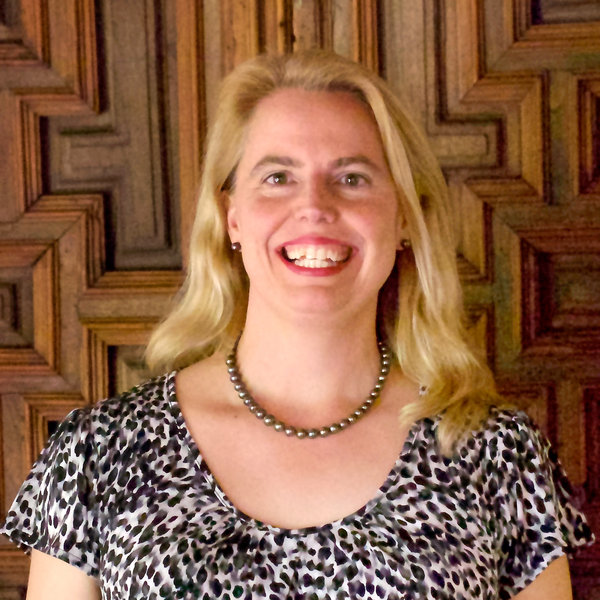
Margaret Ellen Dorsey
2014 Ethel-Jane Westfeldt Bunting Summer Scholar
Militarization on the Edge: Rights and Security on the US Mexican Border
The purpose of this project is to complete an ethnographic monograph on border security and rights based on two years of National Science Foundation-funded fieldwork. The book manuscript addresses how post-9/11 policies forced border residents into the middle of a national security and immigration dilemma. Specifically, Drs. Diaz-Barriga and Dorsey describe how Mexican American and Lipan Apache residents in south Texas have protested, supported, and, in some cases, negotiated the design and placement of the border wall with the Department of Homeland Security. Their work draws attention to the ways that claims to culture, sovereignty, and rights realign themselves in the face of increased securitization and surveillance. As such, this research contributes to an international discussion on the challenges minority groups encounter in asserting their civil and human rights at a time when states prioritize military solutions.
Affiliation at time of award:
Associate Professor
Department of Anthropology, and Curator of the Border Studies Archive
University of Texas-Pan American
Edinburg, TX
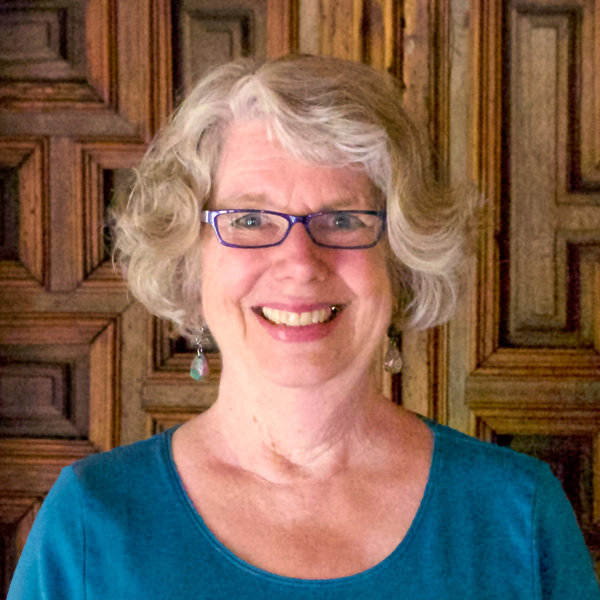
Carol Ann MacLennan
2014 Ethel-Jane Westfeldt Bunting Summer Scholar
Laid to Waste: Community Lessons from 100 Years of Mining
Two historic copper mining districts in Michigan and New Mexico present themselves as compelling candidates for an interdisciplinary treatment of mining policy and an ethnography of the state. Dr. MacLennan plans to write the second portion of a book manuscript that compares over one hundred years of mine-waste pollution produced by underground and open-pit mining and recent government remedies to protect human and environmental health in two different ecological regions: the water-rich Lake Superior basin and the water-scarce desert Southwest. The manuscript employs historical research from business and government archives, ethnographic interviews, and an assessment of mine remediation and water policy decisions. It is based upon funded research in Michigan’s Lake Copper District and ongoing research in New Mexico’s Silver City Copper District. Laid to Waste brings geology, mine technology, and pollutants, policy, and community response together to determine the contours of natural resource policy in the democratic state.
Affiliation at time of award:
Professor
Department of Social Sciences
Michigan Technological University
Houghton, MI

Barbara J. Mills
2014 Cotsen Summer Scholar
A Tale of Two Projects: The Oxford Handbook of the Southwest and the Chaco World Database
Dr. Mills will use this fellowship to advance two major projects. The first is as senior editor of the Oxford Handbook of the Archaeology of the American Southwest (co-edited with Dr. Severin Fowles). The goal of this project is to provide an up-to-date summary of Southwest archaeology written by practitioners working across the breadth of Southwest archaeology, its affiliated disciplines, and communities. The second project is to initiate phase II of the Southwest Social Networks Project, focusing on Chaco social networks. A social network perspective on the Chaco World will provide a new way of looking at relationships to array against spatial relationships. The popularity of the network metaphor in today’s society masks some extremely interesting ways of understanding how people related to each other in the past, which will only become evident through a massive amount of data collection and analysis.
Affiliation at time of award:
Professor
School of Anthropology
University of Arizona
Tucson, AZ
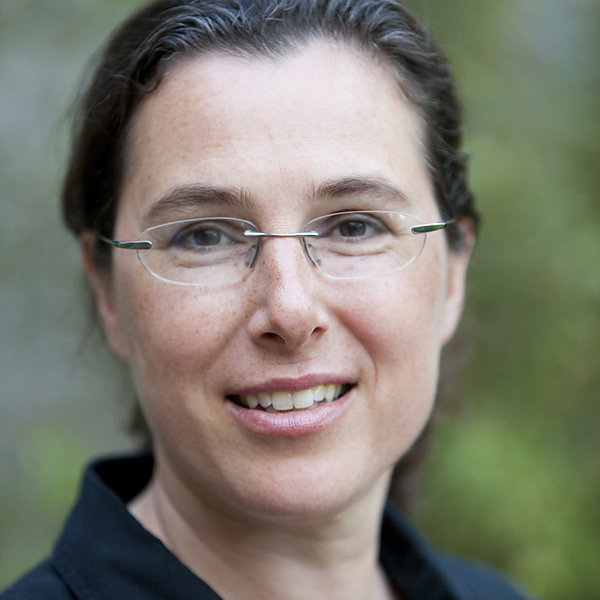
Adriana M. Petryna
2014 Ethel-Jane Westfeldt Bunting Summer Scholar
What Is A Horizon?: Toward an Anthropology of the Environment amid Climate Change
This book project is an anthropological investigation of the models, values, and tools that scientists are developing to address and manage environmental risk. Dr. Petryna explores emerging scientific practices meant to monitor increasingly unpredictable ecosystemic behaviors, from mega-storms to sea level rise. Her intent is to inform prospective thinking about how natural systems and societal infrastructures might adapt to imminent ecological dangers linked to global climate change. The book is based on ethnographic research carried out among scientists in Europe, Australia, and the United States who are quantifying “tipping points” for ecosystems under threat as well as characterizing early warning signals. Chapters address the “origins of extinction” and what Dr. Petryna calls “horizoning work” and probe emerging ideas about the agency of nature and the role of scientific uncertainty. In the conclusion, she engages activist and human rights thinking about what a “right to recovery” and a healthy environment for affected communities might mean today. The book hopes to inform public debate on the science and policy of global climate change as well as new work in the anthropology of the environment.
Affiliation at time of award:
Edmund J. and Louise W. Kahn Term Professor
Department of Anthropology
University of Pennsylvania
Philadelphia, PA